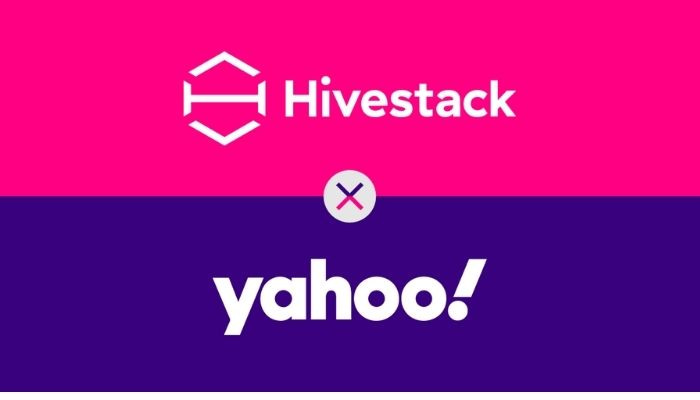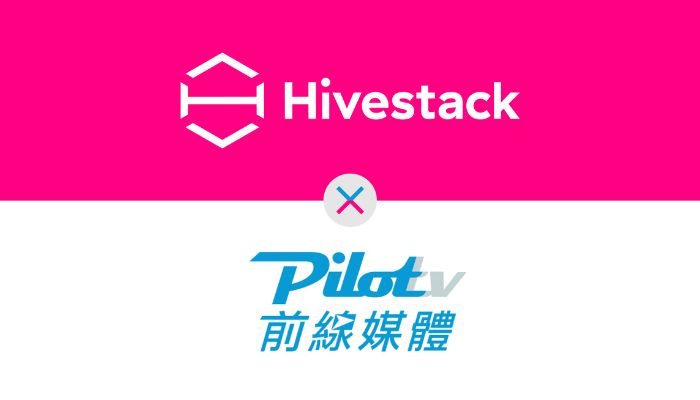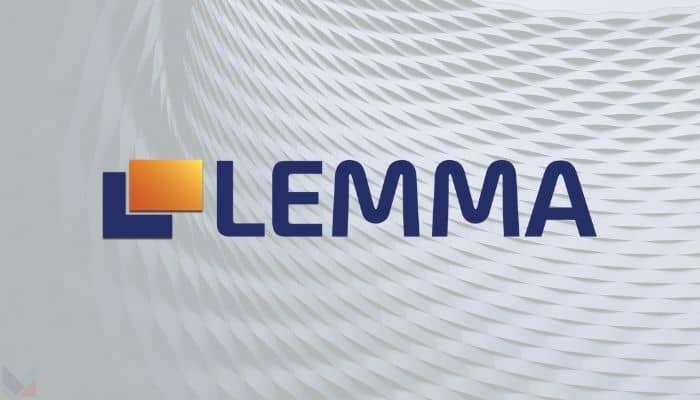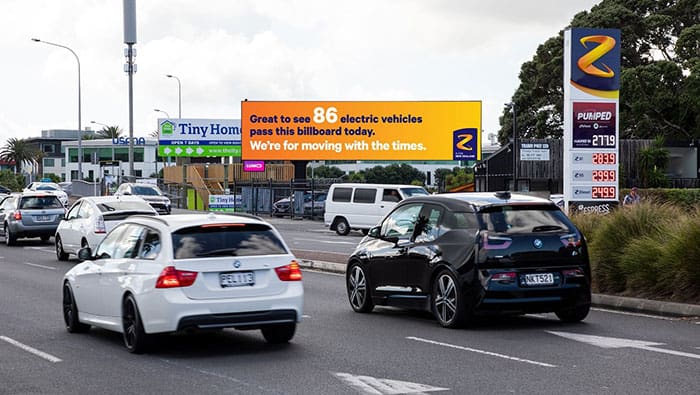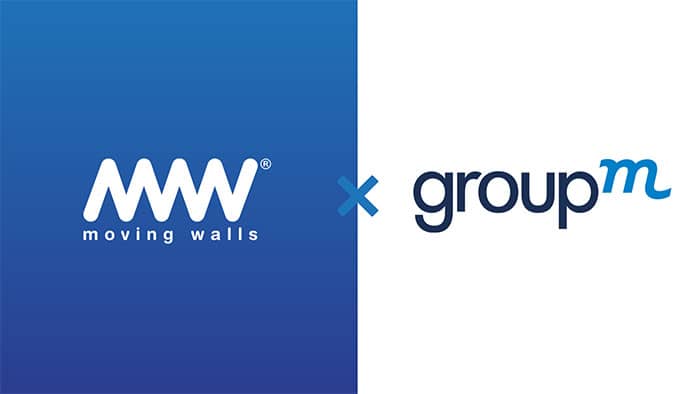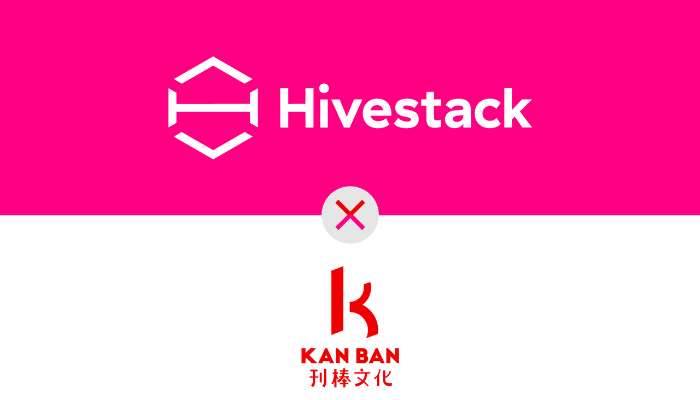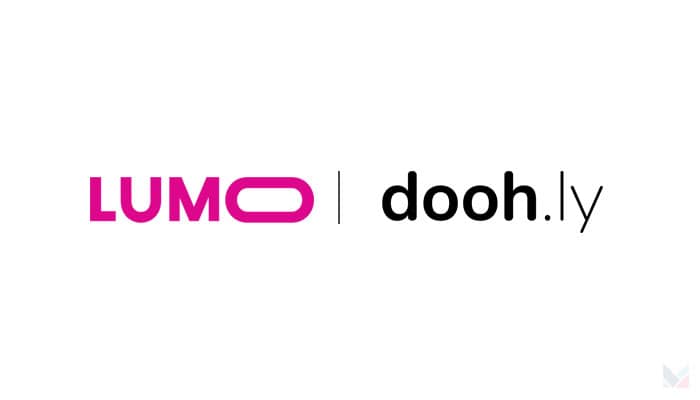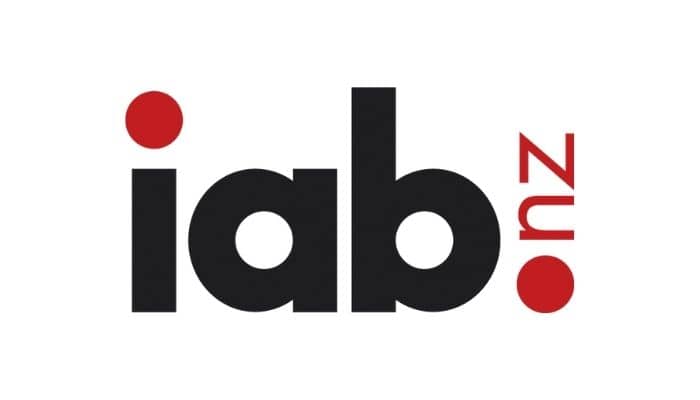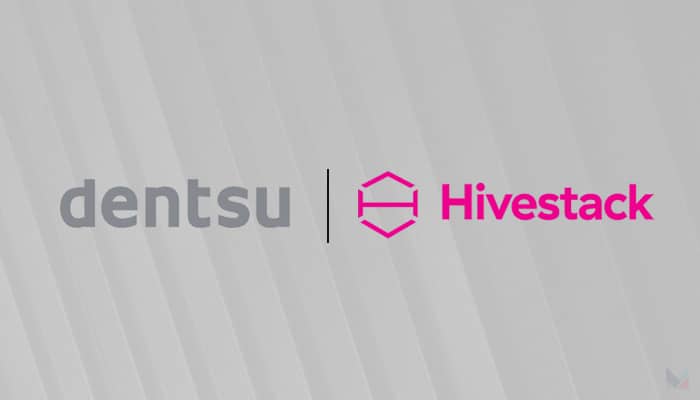New York, USA — Yahoo and Hivestack, the independent programmatic digital out of home (DOOH) ad tech company, has announced a global strategic partnership to connect their industry-leading technologies, and enable premium, programmatic DOOH cross-channel media campaigns on a worldwide scale.
Via the partnership, Yahoo’s omnichannel demand side platform (DSP), will be integrated into the Hivestack supply side platform (SSP), which will allow Yahoo and its clients to access Hivestack’s premium global DOOH inventory through real-time bidding (RTB) transactions via open exchange and private marketplace (PMP) deals.
Bruno Guerrero, COO at Hivestack, said, “The evolving programmatic DOOH landscape has created numerous opportunities for brands, agencies and media owners to leverage the channel to drive meaningful and measurable connections with audiences across the globe.”
Guerrero adds, “We are thrilled to have the opportunity to integrate with the Yahoo DSP to facilitate seamless, efficient experiences for omnichannel marketers to transact across DOOH programmatically, providing access to premium global DOOH inventory and data.”
Interested advertisers and agencies can immediately access Hivestack’s global DOOH inventory through the Yahoo demand side platform.
Iván Markman, chief business officer at Yahoo, commented, “Early in the space, Yahoo has helped advertisers maximise DOOH screens throughout the consumer journey and foster meaningful and memorable connections. This partnership amplifies that ability and provides Yahoo DSP advertisers with the diverse, global and premium OOH inventory Hivestack affords.”
Meanwhile, Barry Frey, president and CEO of DPAA, shared that the out-of-home sector has seen a resurgence in the last year, fueled by innovative creative execution, digital facilitation and a return to ‘normal’. Frey says that they are thrilled to see major players and DPAA Board Members like Yahoo and Hivestack connect to facilitate these interactions between consumers and brands.

